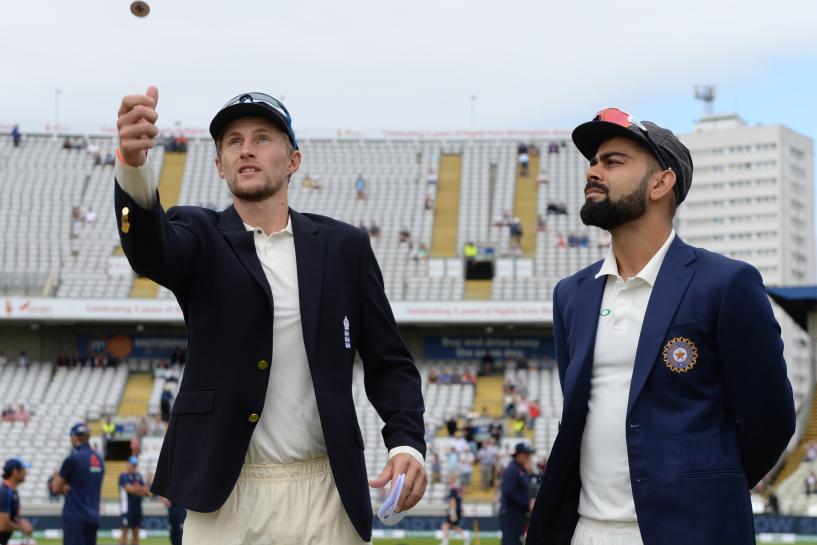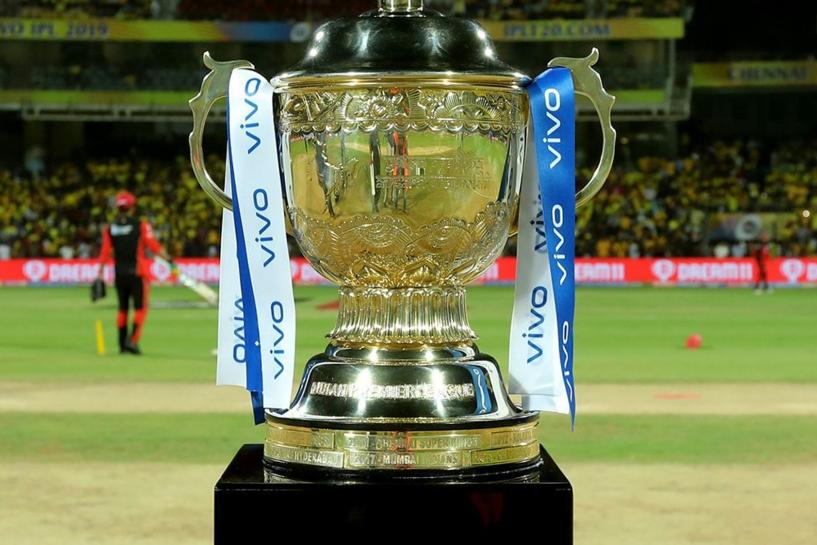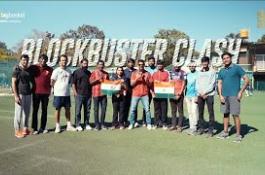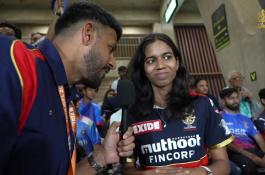IPL 2020 comparatively more secure - BCCI Anti-corruption Unit Head
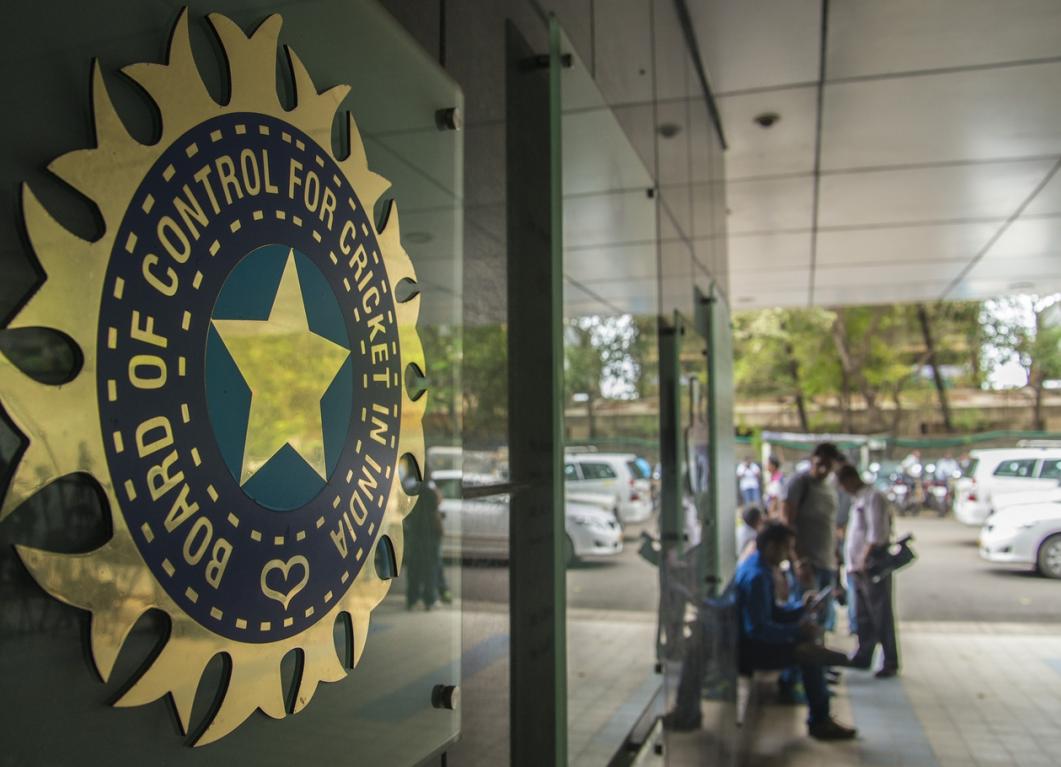
53 days of gruelling action, eight teams, and one glory - the Indian Premier League prepares for the Emirates voyage. The head of Board of Control for Cricket in India's (BCCI) Anti-corruption unit, Ajit Singh, reckons that the forthcoming edition of the IPL is going to be comparatively secure due to the mechanism of the bio-secure bubble.
"One can't say whether it is going to be the safest one, but definitely it is going to be better from the anti-corruption point of view because there is going to be no interaction between the teams, support staff and outsiders. This season is going to be comparatively more secure. But, still, it is not (going to be) foolproof thing, " Singh was quoted as saying to ESPNCricinfo.
The Mechanism of a bio-secure bubble
- All the franchises have been asked to build its own bio-secure bubble for the players, support staff, and the crew.
- The team can only communicate with the specified individuals, and the sources placed outside the bubble would be strictly forbidden from entering the premises.
- According to the SOP, the breach of the bio-secure environment by the players or the support staff will be punishable under the IPL code of conduct rules.
When asked about how the bookies approach and manipulate a specific player during the tournament, Singh explained: "they (those making approaches) throng around the hotel, keep sitting in the hotel lobby, come as sponsors asking players to become brand ambassadors, which is basically a cover (for corrupt activity), so that sort of a thing would be avoided this time."
In recent times, social media has become an easier route for fans to communicate with players. However, Ajit Singh claims that social media sites have been quoted as having a different side.
"Instead of person-to-person communication or direct face-to-face communication, they could be communicated through social media. If somebody approaches me on Facebook and then it starts as an innocent post coming from a fan, ultimately if you find that there is some possibility of being able to compromise the person you might make an attempt. So we have to continue with the (anti-corruption) education," Singh further added.
[With inputs from ESPNCricinfo]
















